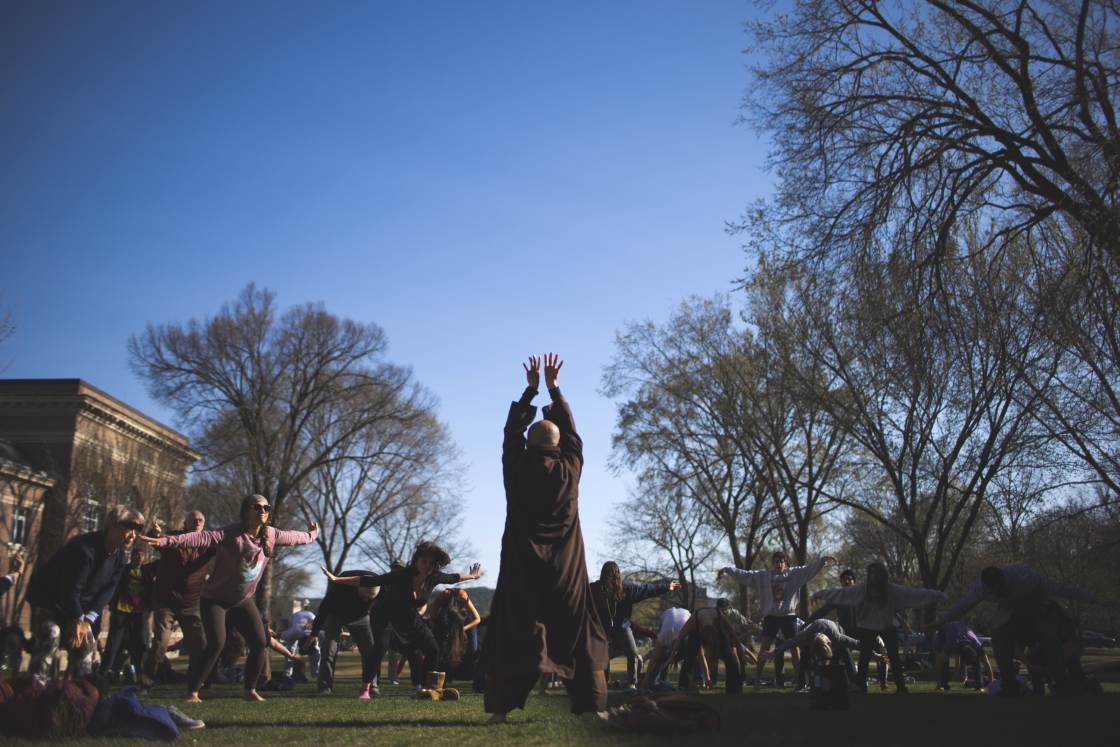The League of American Bicyclists has designated Dartmouth a “bicycle friendly university.” The league’s awards program recognizes institutions of higher education for promoting bicycling on campus based on five broad criteria: engineering safe and convenient places to ride and park; giving people of all ages and abilities the skill and confidence to ride; creating a strong bike culture that welcomes and celebrates bicycling; ensuring safe roads for all users; and planning for bicycling as a safe and viable option.
The league announced the 2016 awardees on Tuesday.
“We’ve seen the Bicycle Friendly University program’s momentum continue to grow and reach even more campuses across the country,” says Bill Nesper, programs director for the league. He applauds this round of awardees for “raising the standard and being innovative in making bicycling a safe, convenient and enjoyable option for students, staff, and visitors alike.”
This is the first time Dartmouth has applied for bike-friendly status. Over the past five years, the league has made awards to 164 universities in 44 states and Washington, D.C.
There are five designation levels: bronze, silver, gold, platinum, and diamond. Dartmouth received a gold award—a rarity for first-time applicants. In conjunction with Dartmouth, the town of Hanover also applied for bike-friendly status, and received a bronze award.
Douwe Wieberdink, a planner in the Office of Planning Design and Construction, says Dartmouth impressed the League for a number of reasons.
“First, we have a great new bike share program that proved very popular this fall, with more than 200 riders registering for it. We’ll retire the rental bikes for the winter, but they will be back with good weather. Secondly, we’re starting a bike safety education program, and we can offer training to any campus group that would like to receive it. We are also working on a safety video,” he says.
Dartmouth student cyclists looking for affordable wheels can find support in the sustainability project, home to the Dartmouth Bikes program. Student members of that group rescue abandoned bikes in racks, repair them, and rent or sell them.
Wieberdink acknowledges that Dartmouth and Hanover do not have as many bike paths as some college towns, but he says riders, pedestrians, and motorists usually show courtesy toward each other. “We are still trying to get cyclists to use roads rather than sidewalks,” he says. “That’s a work in progress.”
“Getting national recognition is a huge honor,” says Wieberdink. “And I think it will encourage even more people to use bikes to get around campus. It shows that Dartmouth and the surrounding community are committed to making cycling easy, safe, and fun for everyone, of all ages. One of the good things about the league is that we will get feedback on the progress we continue to make from one year to the next and that will make it easy for the College and town to work together on common goals.”


